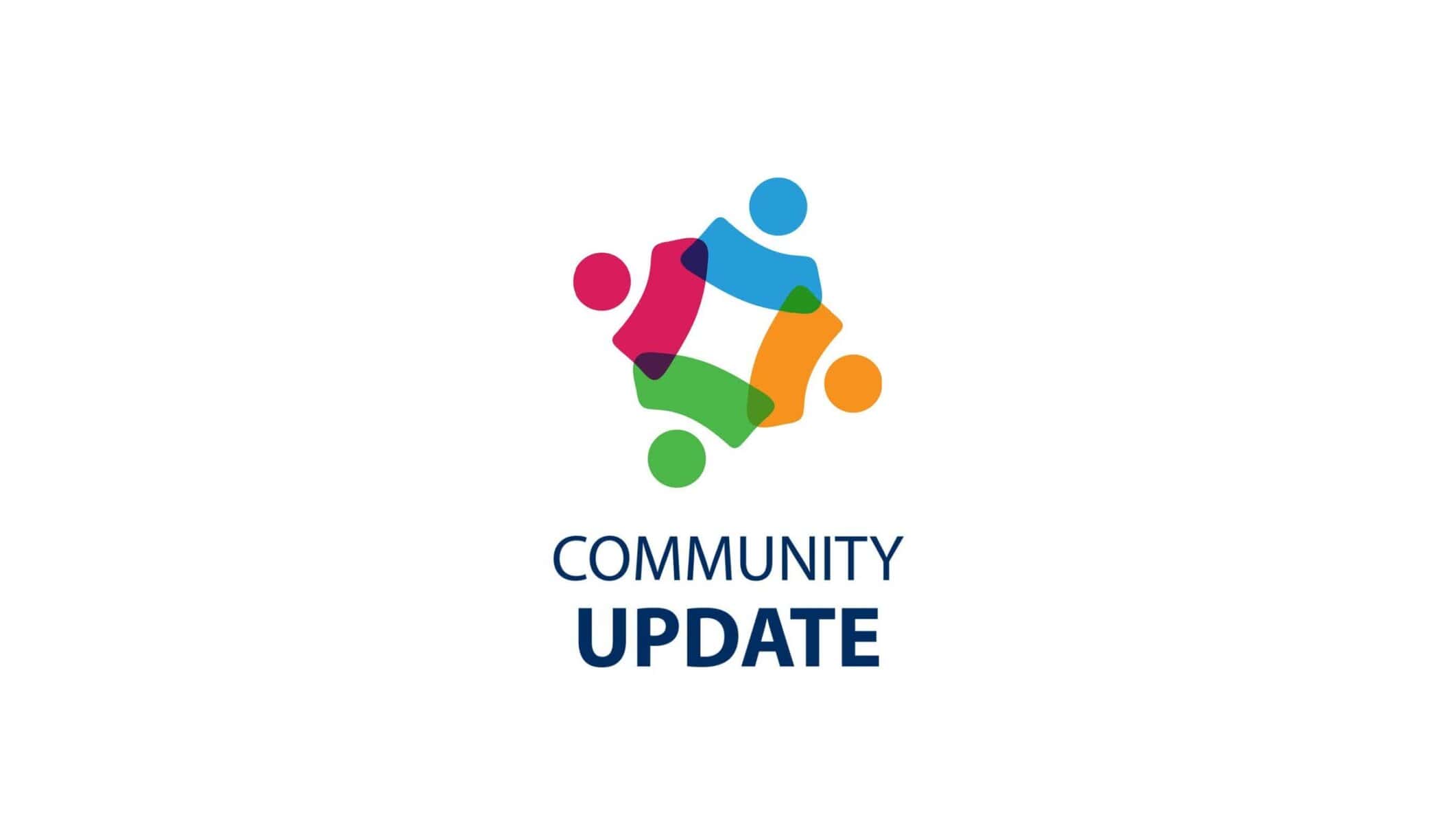Financially Free
Work toward your own Financial Independence Day.
 Once again, it’s time for fireworks, picnics and parades as the nation celebrates Independence Day. Collectively, we enjoy many liberties, but some freedoms can be elusive—and financial freedom is one of them. What actions can you take to help yourself eventually declare your own financial independence?
Once again, it’s time for fireworks, picnics and parades as the nation celebrates Independence Day. Collectively, we enjoy many liberties, but some freedoms can be elusive—and financial freedom is one of them. What actions can you take to help yourself eventually declare your own financial independence?
For starters, you’ll want to determine what financial independence means to you. Is it the liberty to meet all your cash flow needs? The freedom to retire comfortably, at the age you choose? The ability to set up the kind of legacy you’d like to leave? If any or all of these things are important to you, consider the following suggestions:
• Liberate yourself from oppressive debts. The cost of living is certainly not cheap, so it’s hardly surprising that so many people incur significant debt. Yet, the higher your debt load, the less you’ll have available to invest for the future. Debt might be one of the biggest barriers you face on the road to your financial independence. To avoid piling on too much debt, live within your means. Take steps such as saving for a vacation—rather than putting it all on your credit card—and getting just one more year out of that old car. Look for bargains everywhere—and find out what you can live without. And if you have sizable debts, see if you can consolidate them and lower your interest payments.
• Free yourself from chaotic investing. The financial markets can be unpredictable, but that doesn’t mean your investment moves have to be chaotic. So, for example, instead of responding to a sudden plunge in stock prices by selling stocks that still may be fundamentally sound with strong growth potential, you might be much better off by holding your ground. And you’ll be in a better position to do nothing during periods of market volatility when you’ve already done something—namely, built an investment portfolio that reflects your goals, time horizon and risk tolerance. With this type of portfolio in place, you’ll be in a good position to overlook the day-to-day fluctuations in the market and keep your focus on your long-term goals.
• Unleash the potential in your retirement plan. Your 401(k) or similar employer-sponsored plan is a great way to save for retirement. You can contribute pre-tax dollars, so the more you put in, the lower your taxable income, and your earnings can grow tax deferred. (With a Roth 401(k), you put in after-tax dollars, but your withdrawals are tax-free, provided you meet certain conditions.) But despite these tax advantages, your 401(k)’s full potential won’t be realized unless you fund it adequately. Try to contribute as much as you can afford each year and increase your contributions as your salary goes up. Another way to uncap your 401(k)’s potential is by choosing appropriate investments. Your 401(k) likely contains a dozen or more investment options, so you’ll want a mix that offers the greatest possibilities for growth within the context of your personal risk tolerance.
Gaining your financial independence requires time and commitment. But once you’ve achieved this freedom, you’ll know it was worth the effort. And who knows? You might even want to wave a sparkler or two to celebrate. n
This article was written by Edward Jones for use by your local Edward Jones Financial Advisor Carol Sumoski. Listen to Carol on our Radio Station, 99.9 FM SNJ Today Radio.




